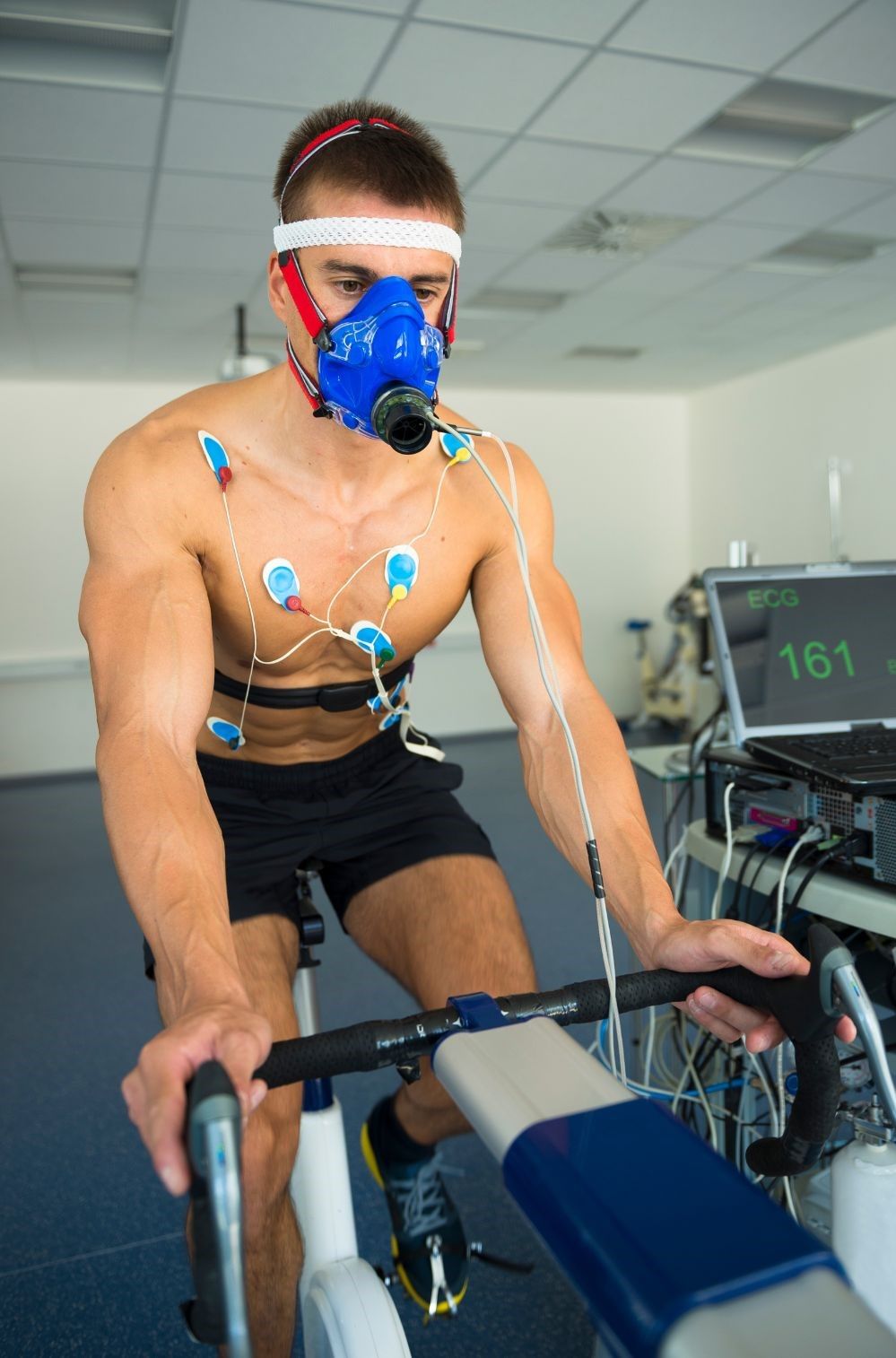During a VO2 max test, you will be required to cycle on a stationary bike while your heart rate, oxygen consumption, and other vital signs are monitored. The test involves cycling at a constant pace with progressively increasing resistance until you reach the point of fatigue. Throughout the test, you will wear a mask that measures the volume of oxygen inhaled and carbon dioxide exhaled. Additionally, a heart rate monitor will track how your heart responds to the increasing effort.
This process allows for precise measurement of your peak oxygen consumption, which is the most accurate indicator of your aerobic capacity. The test is conducted under controlled conditions and is closely supervised to ensure your safety.


